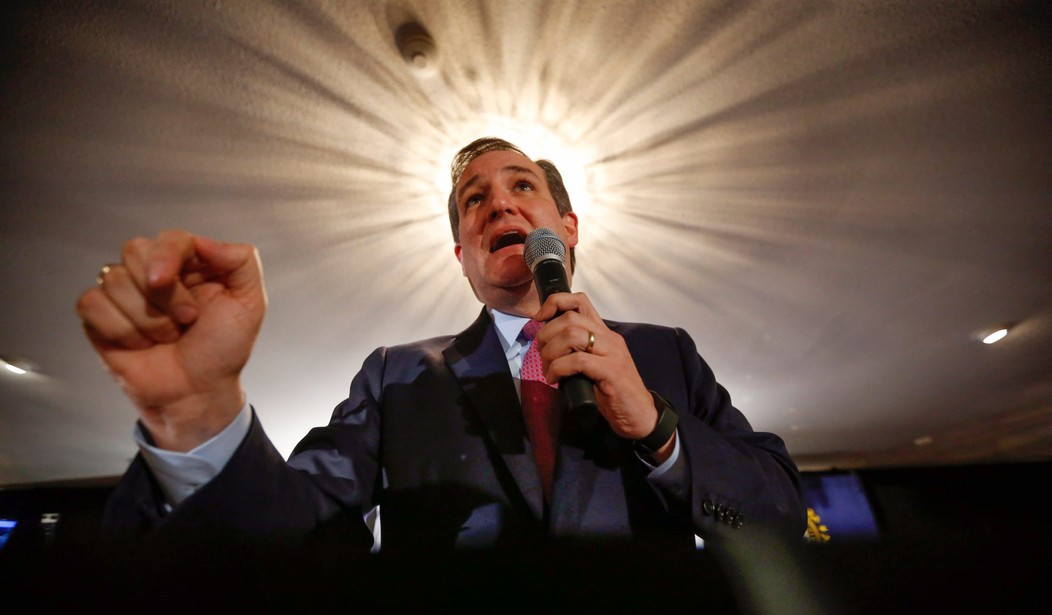Glenn Beck hit the height of his influence around the time of his first massive political rally in Washington, D.C., billed “Restoring Honor.” It was the perfect moment for such a gathering, the final leg of a midterm election during which the Tea Party was pushing back against President Obama. In that context, people were hungry for encouragement and a sense of hope. Beck provided it. On the steps of the Lincoln Memorial, on the anniversary of Martin Luther King’s “I Have a Dream” speech, Beck and other speakers called America to a revival of faith and an embrace of traditional values.
Attending the rally, I felt like the designated driver at a keg party. I never quite caught the spirit of those around me. I left with a nagging sense of discomfort about the whole thing. What had I just witnessed? What was it really about? Beck had said it wasn’t primarily political. So what was it, primarily?
Critics like Christian broadcaster Brannon Howse gave credence to my doubts, offering a case that Beck was engaged in an ecumenical enterprise to bring about what is known in church circles as dominionism. A dominionist may not be a full-blown theocrat, but they come awfully close. The goal of dominionism is to place believers in positions of cultural influence, and thus secure “domain” over the earth.
Dominionism raises several theological concerns. It places handcuffs on God, imagining that He waits for us to pave the way for his return. It also fosters an environment where its adherents remain on the lookout for political saviors, candidates who will “take our country back” for God. Such an environment can lead to religious zeal overtaking critical thought in a context where the latter is desperately needed.
Glenn Beck has endorsed Ted Cruz for president, which his organization emphasized as his “first ever presidential endorsement.” That distinction proves significant in the context of Beck’s dominionism. He has said that Cruz was “raised for this hour” by the “hand of divine providence.” Most recently, Beck has offered the outlandish claim that God brought about the death of Supreme Court Justice Antonin Scalia to “wake up” conservative voters and summon support for Cruz.
As a Christian, I retain unshakable faith in the sovereignty of God. In a sense, you could truthfully say that He brought about Scalia’s death, but only in the same way that He has brought about anything that has ever happened. Assigning special theological significance to a particular death or a particular candidacy for president requires a certain level of presumption that I, for one, would not dare.
Romans 13 tells us that “there is no authority except from God, and the authorities that exist are appointed by God.” In this sense, if Ted Cruz ends up becoming president of the United States, it will be by God’s hand. But then, so will have the election of all 44 presidents before him, including Obama. A cursory reading of scripture demonstrates that God does not always appoint leaders who love or obey him. In fact, as history attests, he often appoints the opposite. There is therefore little sense in singling out Ted Cruz as uniquely “raised for this hour.” The implication of such a statement is that God favors Cruz over anyone else who may win the Republican nomination or the presidency, and that He needs you and I to manifest his divine will in the ballot box. Unless Beck has somehow reopened the closed office of prophet, I’m not sure how he could know that.
Glenn Beck may have endorsed Ted Cruz, but God has not. God’s plan does not hinge upon this or any election. He has remained on the throne throughout Obama’s two terms and will endure the president who comes next. There’s nothing wrong with calling people to faith, offering personal testimonies, or encouraging believers to participate in the political process. But conveying the sense that God has a horse in the race crosses a line of propriety.









Join the conversation as a VIP Member